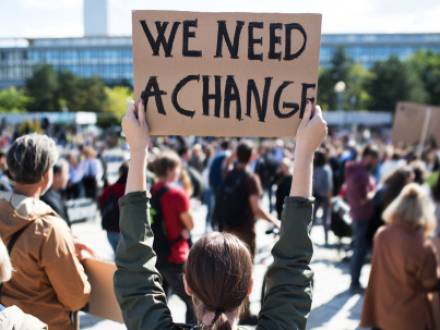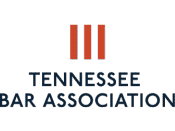TN Student Protest Arrests: Silenced or Held Accountable?
 Across the nation, today’s challenges - including the rising cost of attending college, racial injustice, and international wars - have led to a resurgence of student activism. Universities are large enough to matter but small enough for protests actually to have an influence on. Furthermore, there are opportunities to organize on college campuses that are less common in off-campus communities.
Across the nation, today’s challenges - including the rising cost of attending college, racial injustice, and international wars - have led to a resurgence of student activism. Universities are large enough to matter but small enough for protests actually to have an influence on. Furthermore, there are opportunities to organize on college campuses that are less common in off-campus communities.
In 2024, at the University of Tennessee at Knoxville, 11 students were arrested during a pro-Palestine demonstration. All 11 were charged with trespassing and released without bail, although two students recently filed a lawsuit against the Tennessee Board of Regents, University of Tennessee trustees, and UT System President Randy Boyd, citing civil rights violations.
If your son or daughter has been arrested for an on-campus protest, the very best step you can take to safeguard his or her future is to speak to a Knoxville, TN civil rights attorney who also has extensive experience in criminal offenses committed by college students.
Civil Disobedience vs. Legal Risk
Most of us believe that we have the right to protest peacefully. It is important to understand that in addition to granting us the right to free speech, there is a First Amendment principle known as the "public forum doctrine." This doctrine divides most government property into three categories: non-public forums, limited public forums, and traditional public forums.
The majority of protests take place in traditional public forums, such as parks and sidewalks. In 1983, the Supreme Court noted that the government may not prohibit protests in public forums and that restricting the content of such protests "should be viewed with serious caution." The Supreme Court also said that the campus of a public university, at least for its students, possesses many of the same characteristics as a public forum.
Remember, this is true of peaceful protests. A student involved in any type of illegal activity during a protest can certainly be arrested and prosecuted. Is standing up for a cause worth the legal risks that may be involved? Each person has to answer that question for himself or herself.
Can You Legally Record the Police at a Protest?
Those in a public space have the right to video and photograph anything within plain view, including fellow protesters and law enforcement. Tennessee is a one-party consent state as far as audio recordings, as long as you are not on private property. Be aware, however, that Tennessee recently passed what is commonly known as a "halo" law.
This dictates how closely citizens can stand to law enforcement when the officers are on the job. The Tennessee halo law goes into effect on July 1st and bans citizens from standing within 25 feet of a police officer after being told to retreat.
What Charges Could Protesting Students Face?
Unless a student breaks other laws, the most common charge levied against students arrested during a protest is trespassing. Although most trespassing charges are brought by private landowners, police may charge college students with trespassing if they ask the students to leave the area and the students refuse.
Penalties for Stepping Outside the Legal Boundaries of Free Speech
The penalties for charges of trespassing, as a Class C misdemeanor, can include up to 30 days in jail and a $50 fine. There are often collateral consequences as well, which may include a criminal record that could prevent an individual from obtaining employment or securing a professional license, university disciplinary action, and even expulsion from the university.
Contact a Loudon County, TN Civil Rights Lawyer
If your student has been arrested on his or her college campus for protesting, it is important that you speak to an experienced Lenoir City, TN civil rights attorney from The Baker Law Firm who is also highly experienced in criminal law matters as they relate to students.
Attorney Baker is a presenter for the Tennessee Bar Association and has spoken on topics including civil rights, constitutional claims, qualified immunity, and the use of force by police. He also teaches civil law cases at his law school. Call 865-200-4117 to schedule your free consultation.
![[[title]](/images/logo.png)








 Map & Directions
Map & Directions


